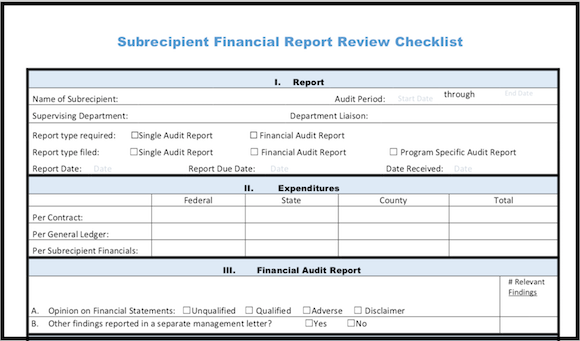|
The pollution remediation costs your government must report in its annual financial statements may dramatically increase as a result of the Governmental Accounting Standards Board Statement No. 49, “Accounting and Financial Reporting for Pollution Remediation Obligations” (GASB 49). This four-part series will cover the requirements, potential liabilities and suggested operations that will help you implement these changes.
Read Part 1, Part 2 & Part 3 if you missed them.
Below, in part 4, we'll go over policy and reporting issues, and offer a conclusion on how your government can best deal with the rising pollution remediation costs. Policy and Reporting Issues
The comprehensive list of contaminated sites and basic information on each site that is collected by the work team can assist management in making such policy decisions as:
GASB 49 requires these note disclosures in your government’s annual financial report:
Detailed disclosures about pollution liabilities and related expected settlements in the annual financial statements could compromise the government’s position in potential or existing litigation. Litigants also may be able to identify the probability assigned to recovery of costs for a specific site through information that can be subpoenaed or obtained through public records or sunshine laws. Legal staff should therefore be consulted relating to the wording of disclosures and whether any information collected by the work team should be subject to attorney-client privilege. Senior management should consider the level of detail shared at public meetings. Conclusion
Simply stated, pollution remediation costs will likely be rising owing to implementation of GASB 49. Your government should immediately assemble a work team to analyze the impact of GASB 49 on each site. The work team should:
This series has highlighted many areas where your government may need to implement new controls. For a personalized approach to identifying areas of weakness and implementing controls in your government, please contact me directly via email: kharper@kevinharpercpa.com For continued tips on how to successfully deal with these controls and more, subscribe here to our newsletter (we will never spam you – promise!).
Comments
|
The Government Finance and Accounting BlogYour source for government finance insights, resources, and tools.
SEARCH BLOG:
Meet the AuthorKevin W. Harper is a certified public accountant in California. He has decades of audit and consulting experience, entirely in service to local governments. He is committed to helping government entities improve their internal operations and controls. List of free Tools & Resources
Click here to see our full list of resources (templates, checklists, Excel tools & more) – free for your agency to use. Blog Categories
All
Need a Consultation?Stay in Touch! |
Search Across Entire Site:
HELPFUL LINKS:
|
461 2nd Street, #302
San Francisco, CA 94107 (510) 593-5037 KHarper@kevinharpercpa.com |



 RSS Feed
RSS Feed